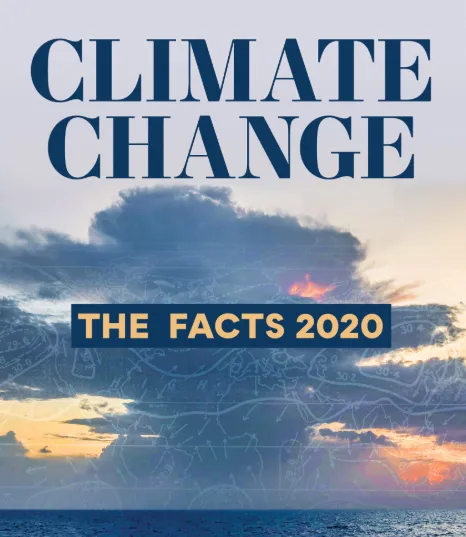Climate change is no longer knocking at the door. It’s camped out in the front yard and unpacking its bags. From rising sea levels to record heat waves the signs are everywhere. More people are turning to e-books to understand what’s going on and what might come next. These books are not just full of facts. They also tell personal stories connect science to daily life and give a broader picture of the planet’s future.
It’s not all dry data or dense jargon either. Writers are finding creative ways to talk about the crisis whether through fiction policy analysis or memoirs. Z-library helps bring together useful materials for readers making it easier to access titles that might otherwise be buried or expensive. With a few taps anyone can dive into deeply reported investigations or poetic reflections on the natural world.
Why Climate Literature Matters More Than Ever
E-books on climate change don’t just educate. They raise the temperature on public conversation. These books shape how people think act and vote. Whether it’s a deep dive into global carbon cycles or a haunting short story about a flooded city books reach places that headlines can’t.
For people who care about the planet books become a form of resistance and recovery. Reading is a quiet act but its effects ripple outward. Stories build empathy numbers build urgency. And together they light a fire under public pressure and personal choice.
The Genres Making Waves in Climate Reading
Science alone isn’t carrying the climate conversation. Authors are weaving together disciplines to create layered powerful reads. Some books lean into hard research while others take a literary approach. What’s clear is that different formats speak to different hearts and minds.
One moment a reader might be lost in a novel about eco-collapse. The next they’re flipping through a report on global food chains. E-libraries open the door to this variety without asking for shelf space or shipping fees. These digital collections are quietly changing how the world reads about its most pressing challenge.
Here’s a look at three standout types of climate e-books that keep showing up on reading lists around the world:
- Investigative Climate Journalism
These books expose the systems behind the symptoms. Think corporate lobbying fossil fuel subsidies and political gridlock. Investigative authors dig deep often risking backlash to uncover the roots of inaction. Their work feels urgent because it is. Every page holds new insight into how climate policy gets made—or blocked. These books are not just information dumps. They’re detective stories with high stakes. Readers finish them with a better grasp of who holds the power and how change might actually happen.
- Eco-Fiction and Climate Sci-Fi
Fiction gives the climate crisis a human face. It explores what happens when forests vanish or seas take over cities. Some novels paint bleak futures. Others offer hope through resilience and adaptation. What matters is the emotional punch. Stories help people imagine what statistics can’t. Characters facing fire storms or water shortages make the abstract real. These books often linger in memory long after the final page. They plant seeds of empathy and sometimes even action.
- First-Person Climate Memoirs
There’s something powerful about lived experience. Memoirs by scientists farmers activists and ordinary citizens put skin in the game. They show how climate change hits home in every corner of the globe. From Arctic villages to urban heat islands these voices don’t speak in theory. They speak from the frontlines. Their stories remind readers that this crisis isn’t future tense—it’s right now. And their insights often blend emotion with expertise in ways that charts and graphs never could.
With so many voices joining the climate conversation e-books make it easier to follow them. They collapse distance store vast collections and travel light. That makes them a natural fit for a topic as global and urgent as climate change.
Where Curiosity Meets Action
Reading about climate change isn’t the end of the story. For many it’s just the start. Books often spark questions that lead to conversations that turn into action. One title might shift a worldview. Another might change a daily habit or push someone toward advocacy.
The beauty of digital libraries is that they keep the fire going. They offer fresh titles regularly make rare works easier to find and encourage readers to explore more than one angle. Climate change isn’t a single story. It’s thousands of overlapping ones. And the more of them people read the better chance they have of understanding what’s at stake and what could still be done.
